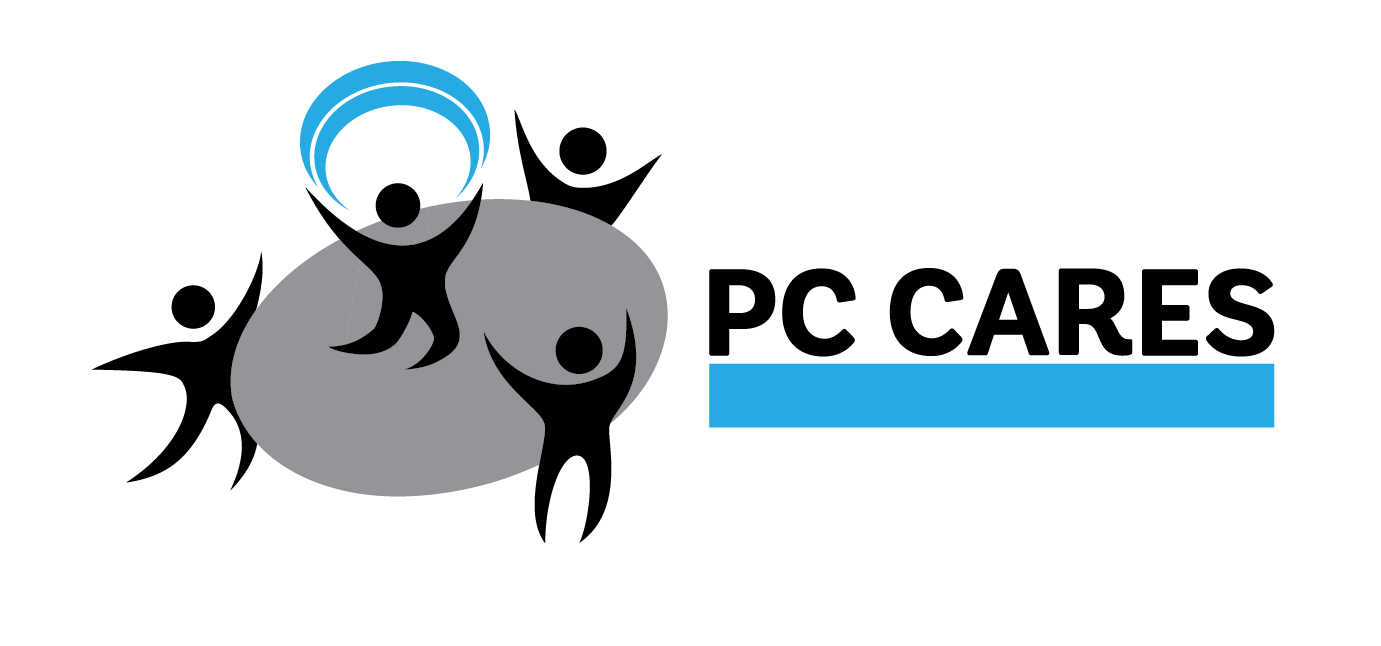What is PC CARES?
Promoting Community Conversations About Research to End Suicide (PC CARES) is a community health intervention developed and tested in the remote communities of Northwest Alaska. It has since been tried and tested in many communities and contexts in the past decade, including two clinical trials (2015-17 & 2020-22) and dissertation research (White; 2022-24). Over the lifespan of the program, PC CARES has trained 141 facilitators in 44 communities, and facilitators have hosted 153 learning circles attended by 1,214 people between 2015 and 2025.
Where has PC CARES training taken place?
Communities of Practice
PC CARES brings people together—service providers, community members, friends, and families—to learn from each other and take action to prevent suicide and overdose.
Local facilitators host learning circles where participants talk about what works, share experiences, and get new ideas for prevention and wellness. These conversations help people take practical steps—whether supporting a friend, strengthening community connections, or shaping local programs—to reduce suicide, substance use, and overdose.
“Have you ever seen a model that allows the people that need suicide prevention or intervention of their own people? Well that is what our model is designed to do. People taking ownership of addressing suicide in their realm of life, not from a traditional college book!”
Program history
PC CARES was co-created through strong and trusting partnerships with researchers and communities and local leadership. The process led to nine learning circles, which we hosted by trained local facilitators in 12 remote Alaskan villages over the course for 3 years. Drawing on decades of suicide prevention research in Arctic Indigenous communities, the nine learning circles give research evidence a community platform in order for Alaskans to decide what's next in their local efforts to end suicide.
By the end of the pilot study, the results were very promising. From 2015-17, local facilitators hosted 64 PC CARES learning circles in their villages, with 376 people attending. In surveys, PC CARES participants said they:
• learned useful information and skills for prevention,
• developed new ways of working with others in their community for wellness, and
• took actions for prevention and health in their villages.
These results show how PC CARES can increase community wellness, which can save lives.
After PC CARES was proven effective in the Northwest Arctic Borough, the neighboring region applied for research funds to expand the project. The PC CARES curriculum was changed to suit the needs of Bering Strait communities before the first cohort of facilitators could be trainer. The total number of learning circles was reduced from 9 to 5, keeping what was most important, relevant, and potentially effective. Read more about program adaptation here.
To learn about the pilot curriculum, click here.
guiding principles
It takes a village—and all organizations within in it—to prevent suicide. Therefore, PC CARES facilitators are encouraged to invite community leaders, service providers, and others to come together for learning circles.
Scientific research can strengthen village efforts. Each learning circle starts by sharing ‘bite-size’ bits of information about ‘what does the research show,’ which are easy to understand and enact in everyday life.
Community members are best able make sense of and use ‘what we know’ to prevent suicide and promote wellness in their own communities. By sparking regular community conversations, PC CARES builds partnerships among community members and providers in order to effectively prevent suicide and promote wellness.
evidence-based, community-led
Combining health education and community mobilization, PC CARES is built on a transactional-ecological framework that emphasizes community and cultural protective factors in Alaska Native communities, and the multiple, interacting conditions of suicide. PC CARES extends typical suicide prevention initiatives beyond the traditional gatekeeper model and the bounds of formal clinical encounter to empower individuals, families, and communities to drive change at the local level.
“This is not just another program from somewhere being put on communities. ”
“We promote community empowerment through sharing research in a user-friendly way.”
Funding for developing and supporting research on PC CARES was provided by the National Institute of Mental Health (R34 MH096884, R01 MH112458 and R01 MH136768-01) and programming support was received from the Substance Abuse and Mental Health Services Administration (SAMHSA).





In October 2025, PC CARES is launching a new five-session, interactive virtual series—Community-Driven Approaches to Prevent At-Risk Substance Use—designed for social work and public health students, community professionals, and partners working to prevent harmful substance use.
Building on the success of the PC CARES model in Alaska, this series connects participants across the country to explore scientifically informed, community-led prevention strategies that reflect the needs, strengths, and cultures of diverse communities.